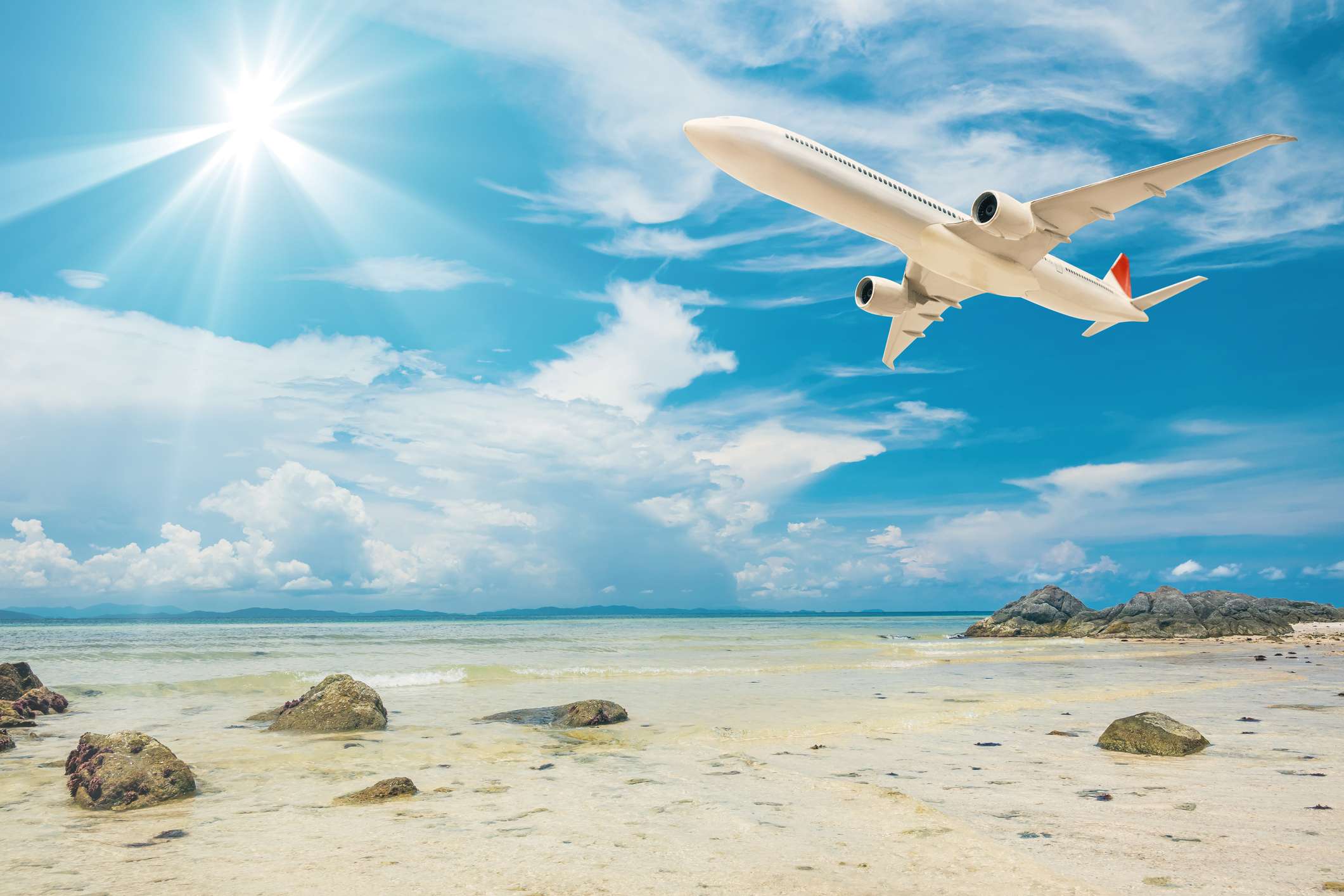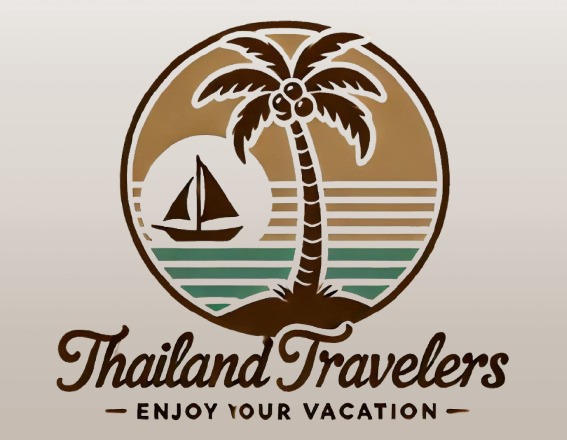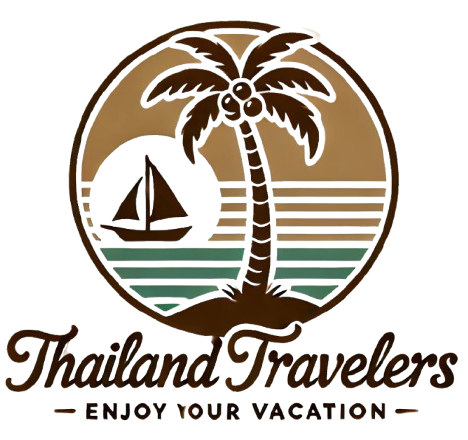Thailand travel FAQ, Thailand travel guide, travel tips for Thailand, Thailand safety tips, Thai currency information, language in Thailand, Thailand visa requirements, cultural customs Thailand, health precautions Thailand, getting around Thailand, Thailand travel advice, Thailand trip planning, essential travel information Thailand.

Subscribe to see secret deals prices drop the moment you sign up!
To provide you with the best experience, we use technologies such as cookies to store and/or access device information. If you consent to these technologies, we may process data such as browsing behavior or unique IDs on this website. If you do not give your consent or if you withdraw your consent, certain features and functionality may be affected.

